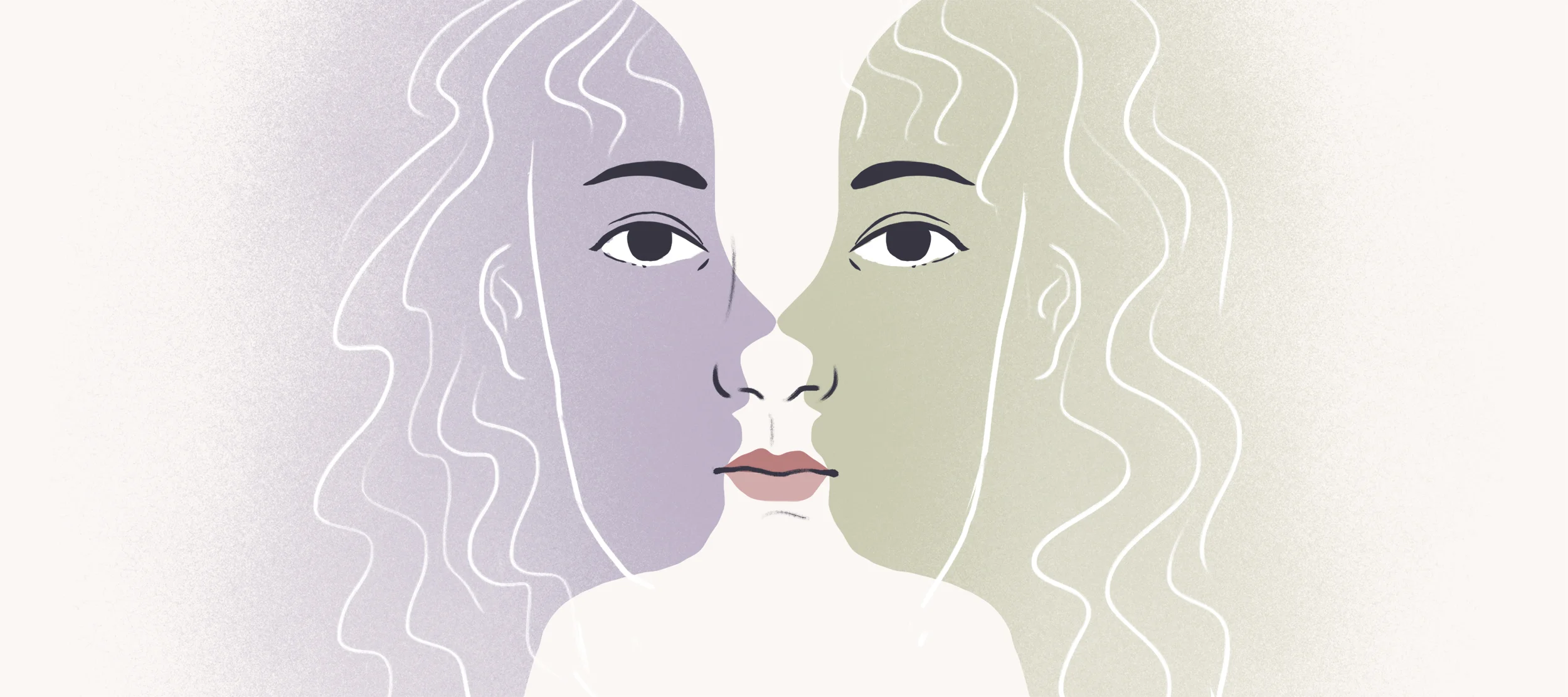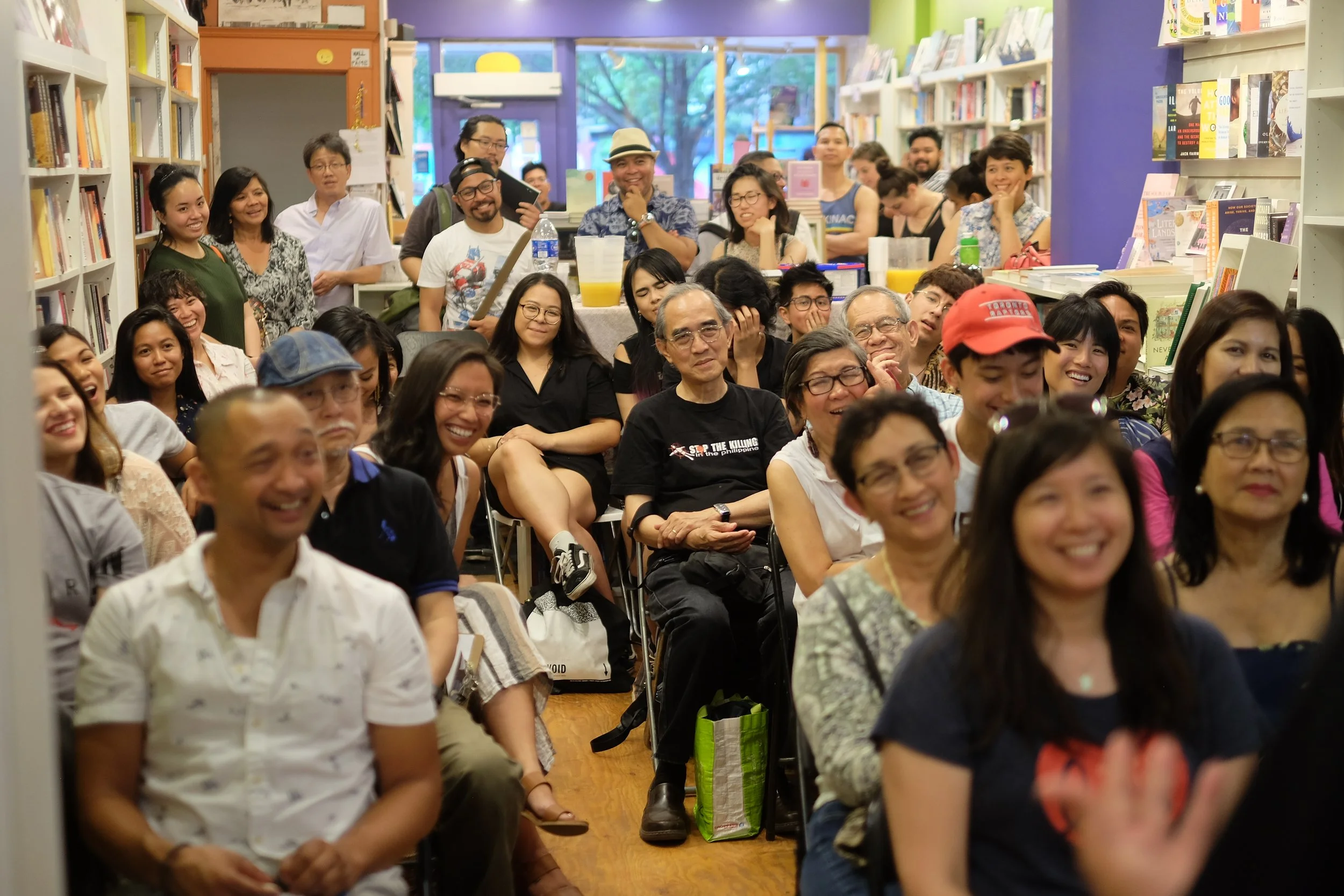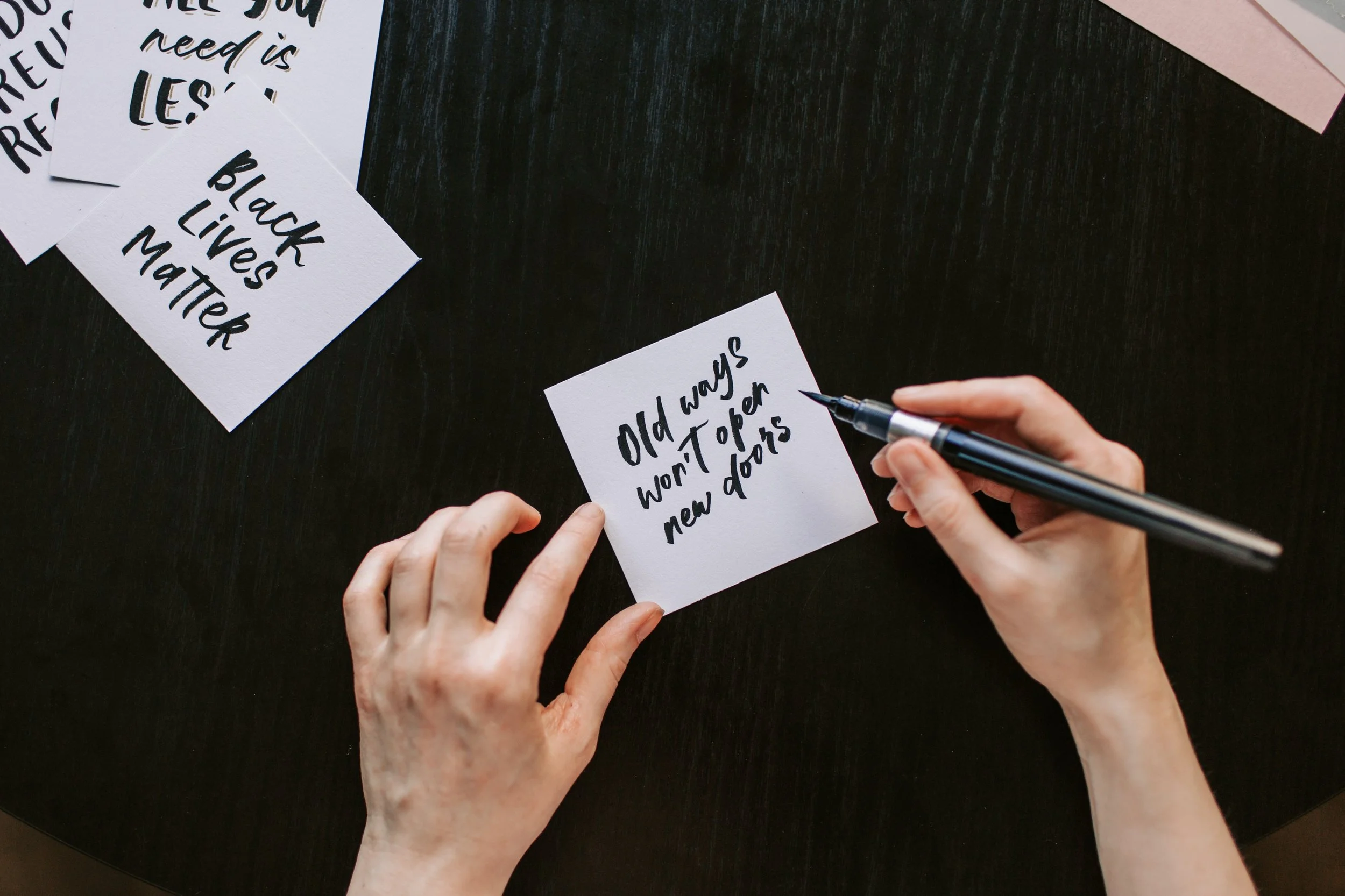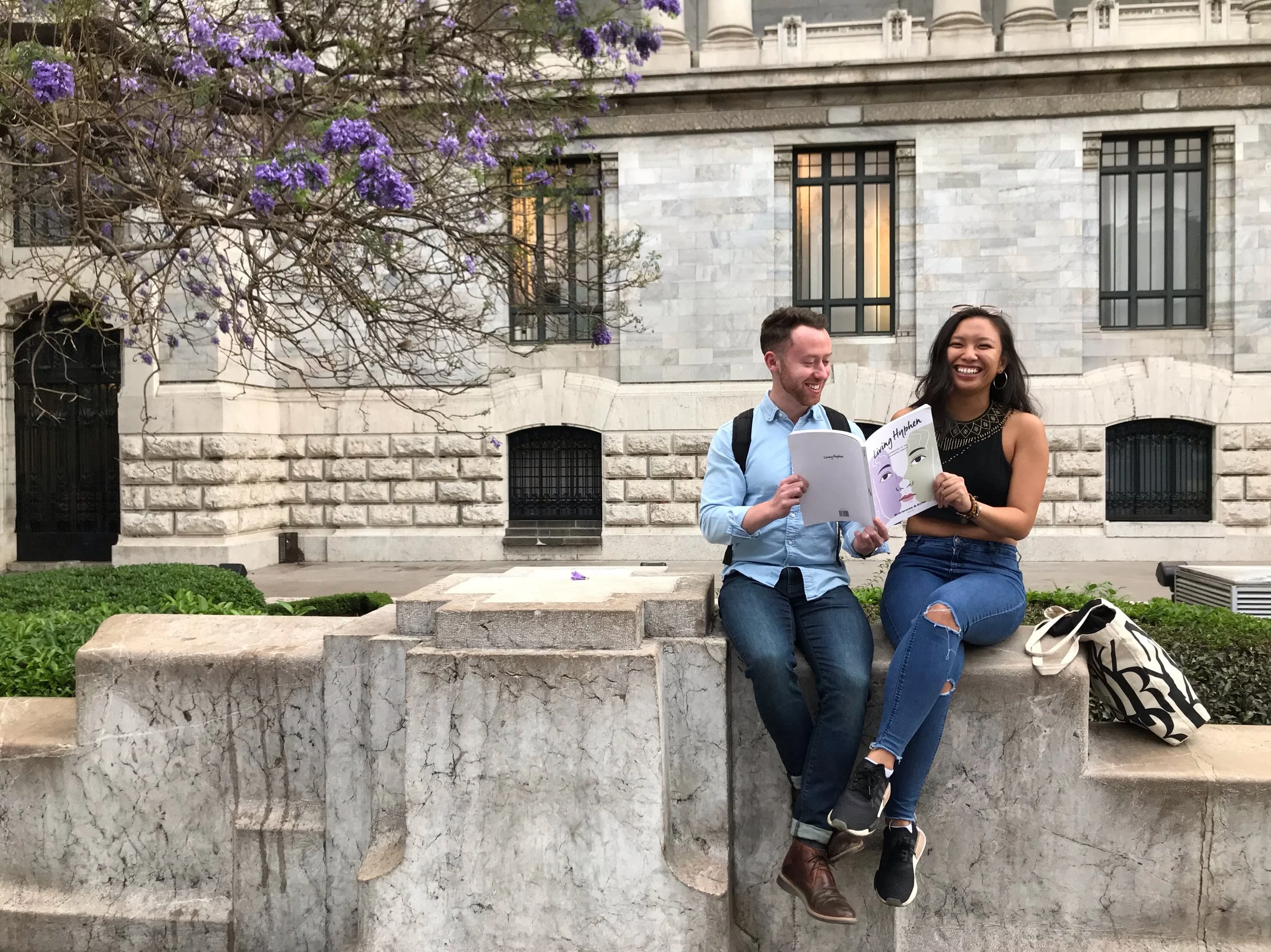Where are you from?
At the heart of it, Living Hyphen was born out of this question. Our inaugural issue of Entrances & Exits invited artists and writers from all across Canada and from over 30 ethnic backgrounds to contribute their work in exploration of this question.
When I was putting the magazine together so many moons ago, I opened each story with the artists’ name and their “hyphens” or “where they’re from”. I assigned these “hyphens” based solely on the contents of the story they submitted or the sound of their name.
But mid-way through this process, I stopped myself. I was making assumptions about people I didn’t really know.
So I reached out to each contributor, and I asked not “where are you from” but rather, “how do you identify?”
And let me tell you, that simple shift in questioning opened up entire worlds to me.





